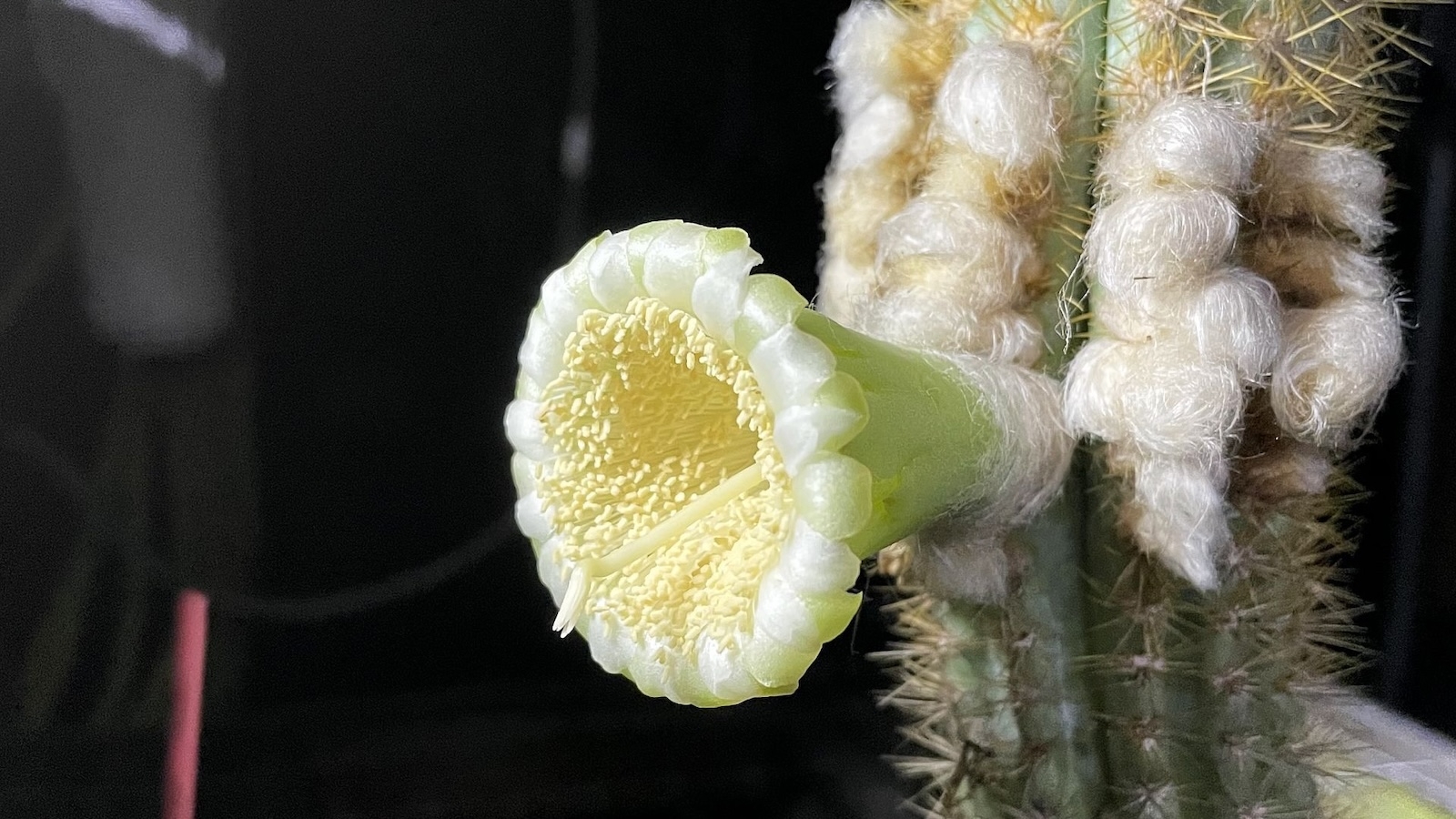James Lange remembers the day he and a team of botanists and conservationists gathered at a rock formation encircled by a thicket of mangroves in Key Largo, Florida. They’d come to the nation’s last wild stand of a rare cacti to confront the inevitable. With sea level rise bringing the Atlantic Ocean ever closer to the withering plants, the group had made the difficult decision to remove the cacti’s remaining green material, preserve it in nurseries, and hope that it might one day be reintroduced in the wild.
Three years later, research published last week reveals what Lange and the others long suspected: The demise of the Key Largo tree cactus is the first recorded case of sea level rise driving a local species to extinction in the United States. Its collapse was a blow to Lange, a research botanist at Fairchild Tropical Botanic Garden in Coral Gables who co-authored the study. “It was one of the things that made the Keys so special,” he said. “Just a big, bold, beautiful plant.”


